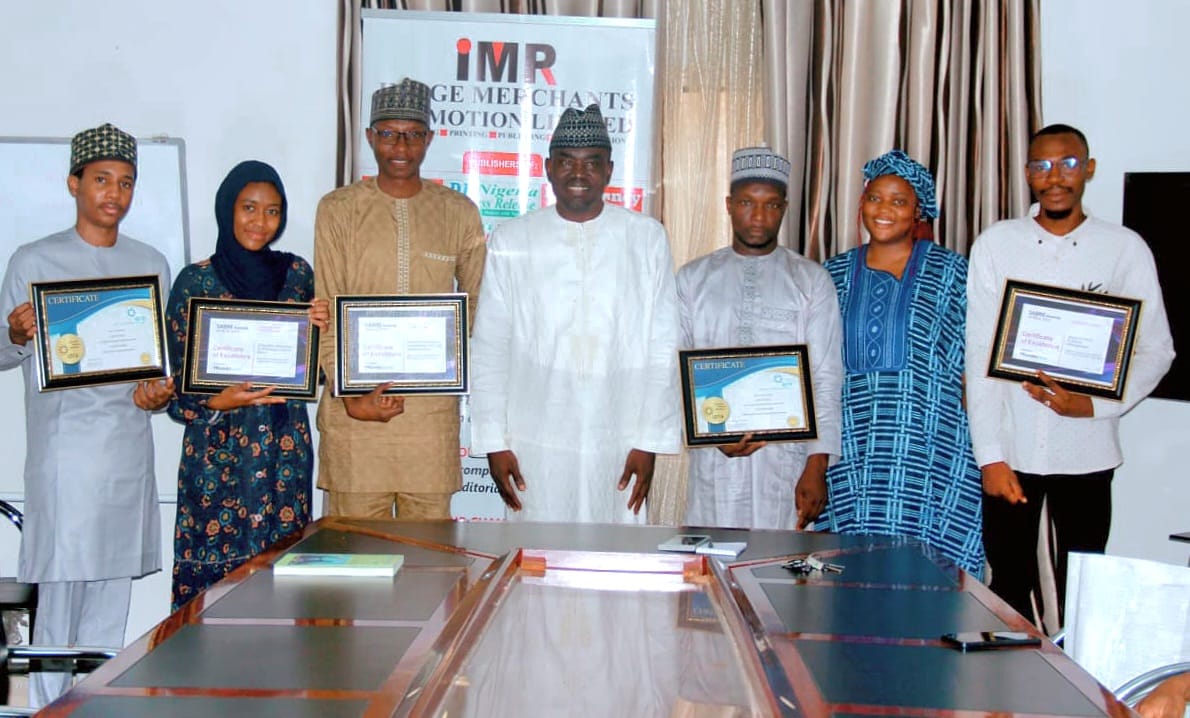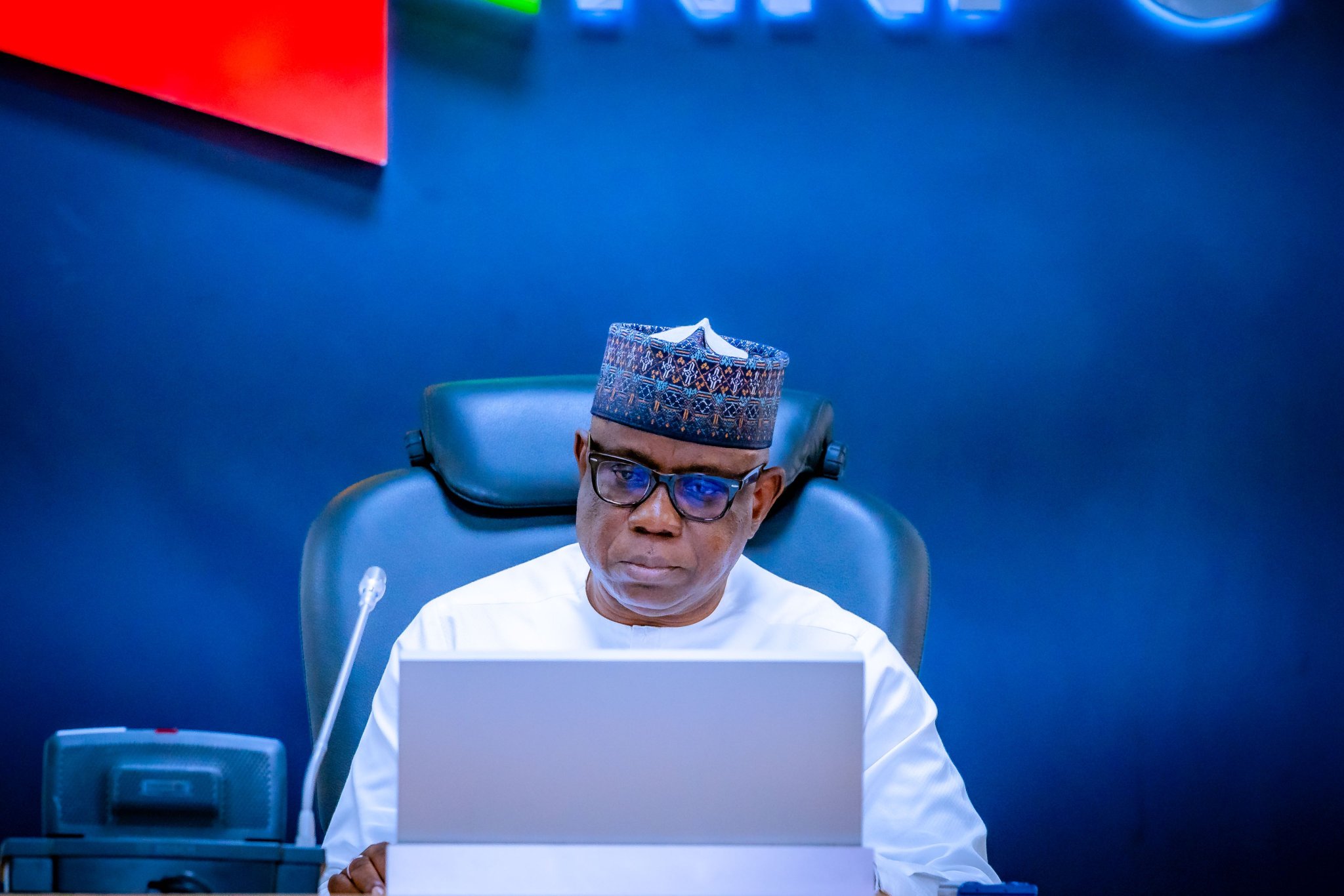Finance Minister, Edun, Says Wealthy Nigerians’ Personal Income Tax To Hit 25%

Personal Income Tax (PIT) payments by wealthy Nigerians will go up from 18.6 per cent to 25 per cent when the Tax Reform Bills become law, according to a projection by the Federal Government.
Minister of Finance and Coordinating Minister of the Economy, Mr Wale Edun, said the upward trajectory in revenue will complement the 20 per cent increase recorded last year.
He said Nigeria’s economy has achieved relative stability over the past 18 to 20 months.
He spoke in Abuja during a Zoom dialogue meeting, according to the News Agency of Nigeria (NAN).
The Tax Reform will also tighten government expenditure, he added.
Edun said economic growth this year, would be driven by agriculture, housing and infrastructure.
On agriculture, he said the government would continue to ensure good harvests through improved dry and wet season farming techniques.
According to him, the introduction of a 25-year low-interest mortgage with single or low double-digit interest rates to address the housing deficit.
“The Highways Management and Development Initiative (HMDI) would facilitate the concessioning of major highways to improve road infrastructure,” he said.
An example of this is the 125-kilometre Benin-Asaba Highway being funded solely by a private organisation.
Edun said the government was transitioning from concessional and bilateral financing to cheaper sources of funding, including a domestic bond issue.
He also reiterated the government’s commitment to resolving pensioners’ legacy debt, adding that over N700 billion in bonds had been issued for pension payments.
Acknowledging that Nigeria remains an oil-dependent economy, Edun stressed that the government was making efforts to create a safe and investor-friendly environment for oil operations. Maximise revenue from fossil fuels while it remains viable, encourage public-private partnerships, joint ventures, and privatisation to boost investment. Now is the time for equity, revenue generation and private sector participation, both domestically and internationally,” he said.
Reflecting on the situation at the outset of the President Bola Ahmed Tinubu Administration, Edun explained that the economy narrowly avoided collapse, having survived on illegally borrowed central bank funds far beyond regulatory limits.
“In the last quarter of 2024, the economy grew at roughly 3.84 per cent, which is close to the annual target of 3.4 per cent. Looking at the metrics, inflation has started to slow down. It dropped by 1.3 percentage points between January and February, and food inflation is also declining. Additionally, the cost of petroleum and energy is down due to sectoral dynamics,” he said.
Edun noted that stabilising the exchange rate had positively impacted imported goods and services, such as healthcare and education.
He said the balance of trade was positive, with government revenues increasing by 20 per cent in 2024.
Edun said the economy was stabilising, the budget deficit was reducing, and debt servicing as a percentage of revenue had dropped.
“All economic indicators are moving in the right direction, and most importantly, the cost of living is gradually improving. With this progress, the government is now focusing on further stabilisation and creating an environment that encourages private sector investment. We are also leveraging technology to enhance revenue generation from government-owned enterprises,” the minister said.











